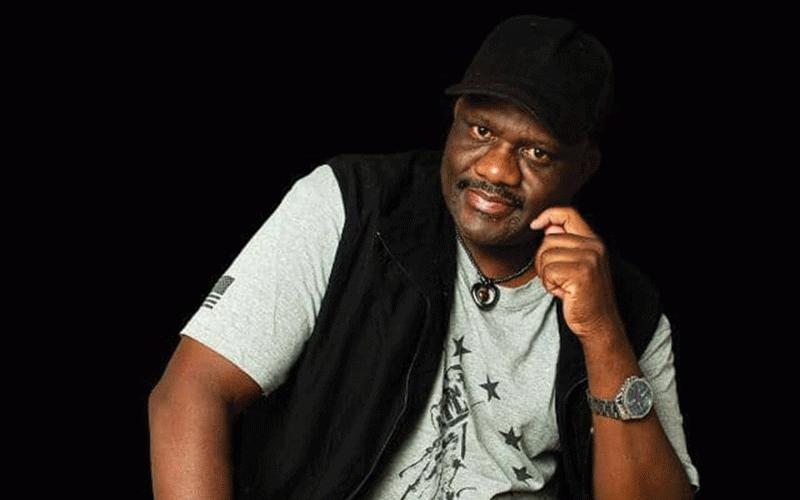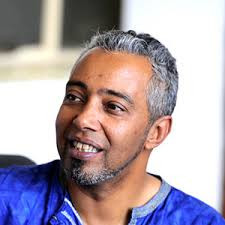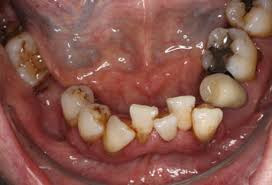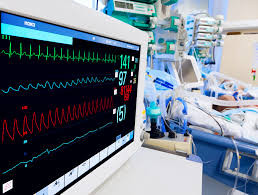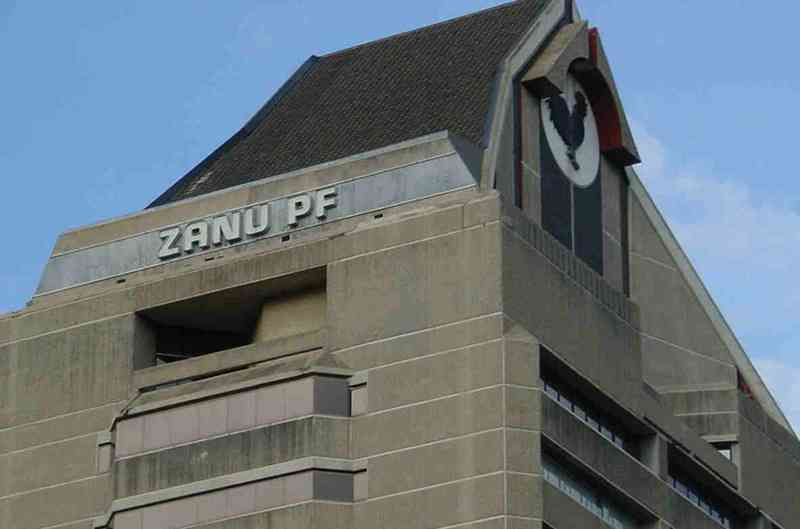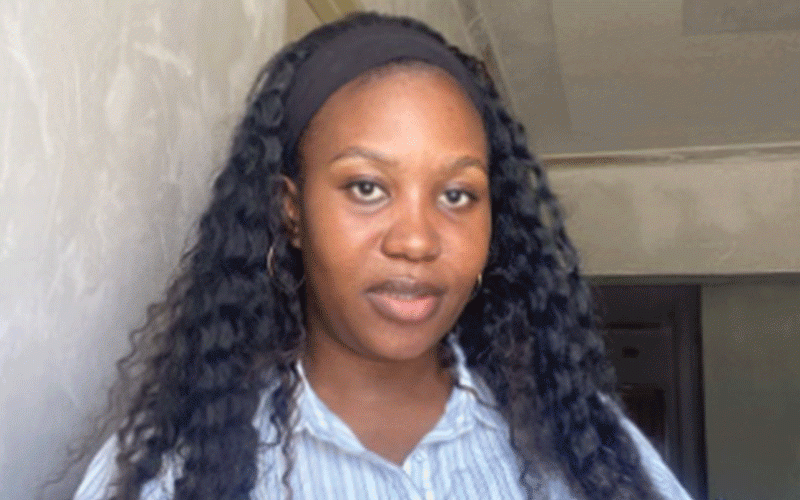
THE Zimbabwean government has made efforts towards combating the recreational use of illicit drugs under the nationwide operation “No to Dangerous Drugs and Illicit Substances: See Something, Say Something” by clamping down on those who supply, sell and use intoxicating substances. This operation aims to eradicate drug distribution cartels of commonly used substances and drugs such as codeine, illegal cough syrups, marijuana and methamphetamine, popularly known as “mutoriro or guka”.
Drug and substance abuse in Zimbabwe spiked during the COVID-19-induced lockdowns as adults, youths and adolescents found themselves idle with no recreational activities especially in high-density suburbs. Methamphetamine has become one of the most commonly used drug in Zimbabwe. It is highly addictive, has effects on the neurological system, can induce depression, anxiety and lead to psychosis as well as hallucinations.
Although the government has made notable efforts towards addressing this impending national disaster, it is important that a review is done to critically address the root cause of the problem. With the country having one of the highest unemployment rates in the world that has a direct effect on the morale of those that should be economically active which then leads to intense despair and poverty among communities. This is one of the most significant factors that influence an increase in the demand and supply of drugs and illicit substances.
Strategic operations and programmes are urgently required to curb the impending national public health disaster. Controlling the availability of drugs through tightening our borders against drug trafficking is an essential tool. Educational programmes and campaigns undertaken by professionals who are well-equipped with knowledge on how to convey the information to those affected should be carried out urgently. Ensuring that information is available to the public about services rendered by the public and private health sector to those who need either psychological or rehabilitation services is another tool towards combating this problem. Also, imposing harsh penalties on the suppliers instead of the victims is another method of ensuring that the affected individuals are aware that there are services aimed at providing assistance.
If the government fails to tackle drug abuse, the country will be saddled with violent crimes, increased suicides and an increasing number of mental health patients.
The public and private health sectors have rehabilitation centres. Below is a list of facilities that offer rehabilitation services to those addicted to drugs:
Rehabilitation centres
- Highlands Halfway Home +2638644210999
- Ruwa Rehabilitation Centre +263273790238
- Serenity Mind Centre +263716825245
- Mandipa Hope Rehabilitation: 0776991153/55, 07144775601/2/3
- Tirivanhu Rehabilitation +263773593014
- Mubatirapamwe Trust +263772379751
- Beatrice Rehabilitation Centre, Harare
- Tariro Rehabilitation Centre, Harare
- For Youths By Youths, Harare and Mash West +263775462468 +263773238941
The following public psychiatric institutions also offer help in fight against drug addiction:
- Holistic approach needed to combat drug abuse
Keep Reading
- Sally Mugabe Psychiatric Unit (Harare)
- Parirenyatwa Annex Psychiatric Unit (Harare)
- Ingutsheni Psychiatric Hospital (Bulawayo)
- Ngomahuru Hospital and Halfway House (Masvingo).
Susan Nyamwanza is an international relations student at Africa University in Mutare. She writes here in her personal capacity.


